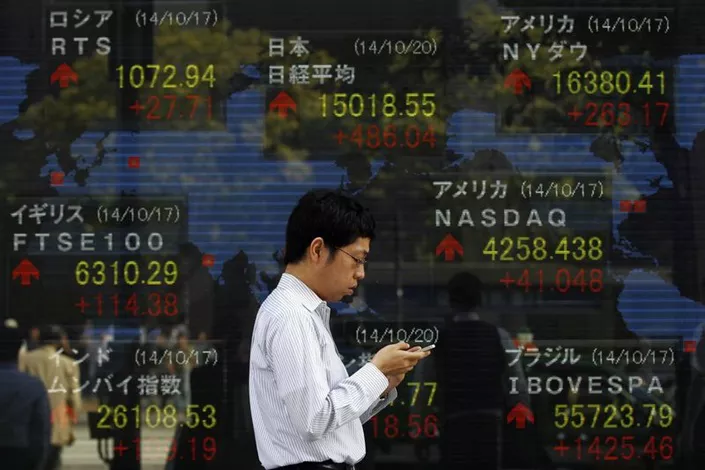Asian stock markets showed little movement on Wednesday as investors remained cautious ahead of key tariff announcements by U.S. President Donald Trump. Market activity was muted as traders awaited details on the new tariffs set to be imposed later in the day.
U.S. stock futures were also relatively unchanged during early trading hours in Asia. Major U.S. stock indices had closed higher on Tuesday, driven by gains in technology shares.
Trump’s “Liberation Day” Tariffs on the Horizon
President Trump is scheduled to announce new tariffs on April 2, targeting a broad range of trading partners. Dubbed “Liberation Day,” the initiative includes a 25% tariff on auto imports, effective April 3. The tariffs are part of an effort to impose reciprocal duties on major trading nations.
Trump is expected to reveal these measures at 15:00 ET (19:00 GMT), with the tariffs set to take effect immediately after the announcement, according to White House officials. The move is seen as a way for the U.S. to pressure other countries to meet its trade demands.
Global investors are anxiously awaiting further details, as the potential for these tariffs to disrupt global trade has created uncertainty in the markets. This wait-and-see approach has resulted in a lack of significant movement across major Asian markets.
Asian Market Movements: Mixed Results
Japan’s Nikkei 225 index remained largely unchanged, while the TOPIX index saw a slight decline of 0.6%. In China, the Shanghai Composite edged up by 0.2%, while the Shanghai Shenzhen CSI 300 index showed little change. Hong Kong’s Hang Seng index saw a modest gain of 0.4%, while Singapore’s Straits Times Index dropped by 0.4%. In Australia, the S&P/ASX 200 rose 0.2%, and India’s Nifty 50 futures inched up by 0.2%.
South Korea Faces Political Turmoil
South Korea’s KOSPI index dropped 0.3% on Wednesday, as the country deals with political instability. The South Korean Constitutional Court is set to review President Yoon’s impeachment over a controversial martial law order. A decision on whether to remove or reinstate him is expected on April 4.
Political instability often raises concerns about potential economic disruption, leading to cautious trading behavior, capital outflows, and a flight to safer assets. South Korea, being a key regional economy, is closely watched by neighboring markets, as any significant instability could impact trade relations in the region.
Overall, the global market sentiment remains cautious, with investors monitoring political developments and trade policy changes closely.
Related Topics:


